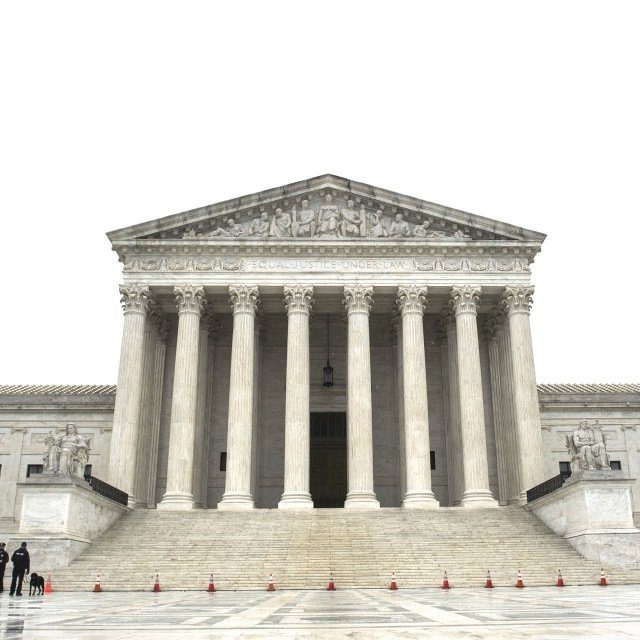Supreme Court Rules on Medicaid Benefits Lien Case

What You Need to Know
Gianinna Gallardo was hit by a truck in 2008, when she was 13, and has been in a vegetative state ever since.
The Florida Medicaid program used a state law to try to recover $300,000 of the $862,688.77 it had paid for her care from lawsuit settlement amounts.
The Supreme Court ruled 7-2 in favor of Florida.
The U.S. Supreme Court has ruled 7-2 for the Florida Medicaid program, and against Gianinna Gallardo — who has been in a vegetative state since 2008, when a truck hit her as she got off a school bus — in connection with a benefits recovery case.
The majority ruled that the Medicaid program can use the Florida Medicaid Third-Party Liability Act to take $300,000 from an $800,000 settlement arrangement to get back some of the $862,688.77 it spent on her initial medical expenses.
Gallardo’s parents had argued that the Medicaid program should be able to recover just $35,367.52, or the amount set aside in the settlement for past medical expenses.
In an opinion for the majority, Justice Clarence Thomas wrote that an “anti-lien provision” in the federal Medicaid Act normally limits states from recovering medical payments from a beneficiary’s property, but that an exception in the act requires states to seek reimbursement from lawsuit awards and settlements.
What It Means
State Medicaid programs — state-run programs that use a combination of state and federal money to pay for health care under strict, complicated federal oversight — pay for nursing home care for many low-income people.
The programs also pay for nursing home care for some middle-income people who meet state eligibility requirements. In some cases, state Medicaid programs have made vigorous efforts to recover some of the money spent on nursing home care from the beneficiaries’ estates.
The new Supreme Court ruling deals specifically with a beneficiary who is getting a large lawsuit settlement award, not a beneficiary who needs nursing home care because of an ordinary illness or injury.
But it’s possible that state Medicaid programs could try to use the Gallardo ruling to support new Medicaid nursing home benefits payment recovery cases.
Long-term care planners have argued over the years that stricter state enforcement of Medicaid nursing home benefits payment recovery rules could lead to increased use of stand-alone long-term care insurance and other long-term care planning tools, such as life insurance policies and annuity contracts that include LTC benefits, or ordinary trusts, annuities, savings arrangements, life insurance policies and reverse mortgage transactions.
Private health insurers also seek reimbursement from lawsuit awards and settlements, through “subrogation” suits, and it’s possible the logic used in the new ruling could also affect private health insurers’ recovery suits.
The Case
The case is Gallardo et al. v. Marstiller (Case Number 20-1263).
Gianinna Gallardo was 13 when she was injured while trying to cross Joel Boulevard in Lehigh Acres, Florida. Her parents sued the driver of the truck who hit her, the truck’s owner and the school board in charge of the school bus for damages.







